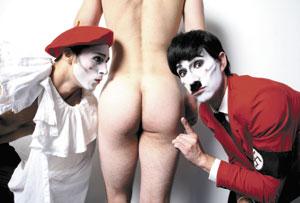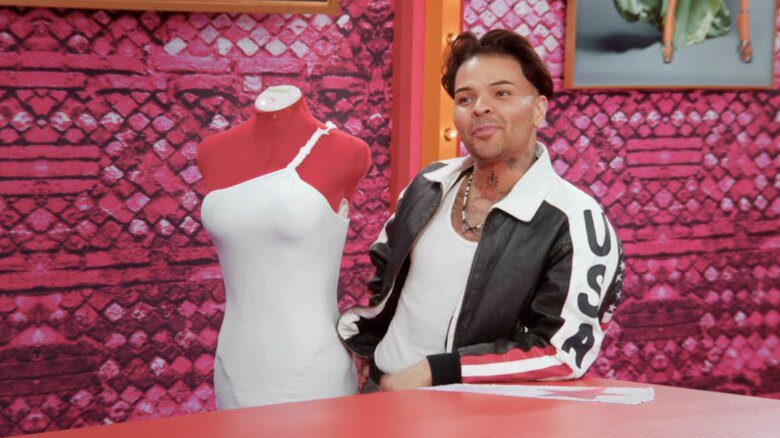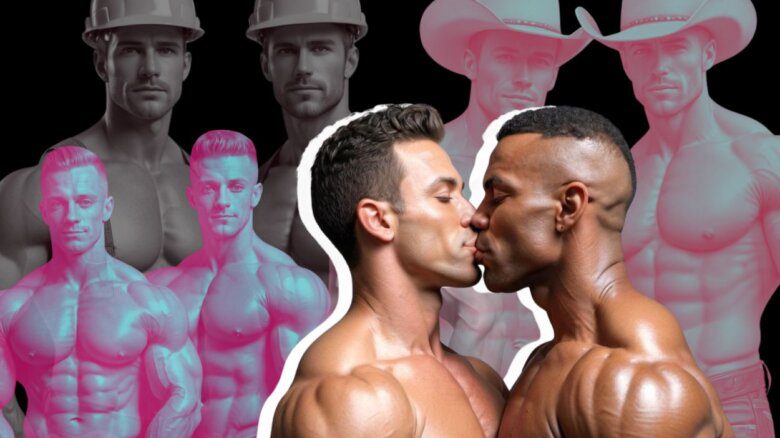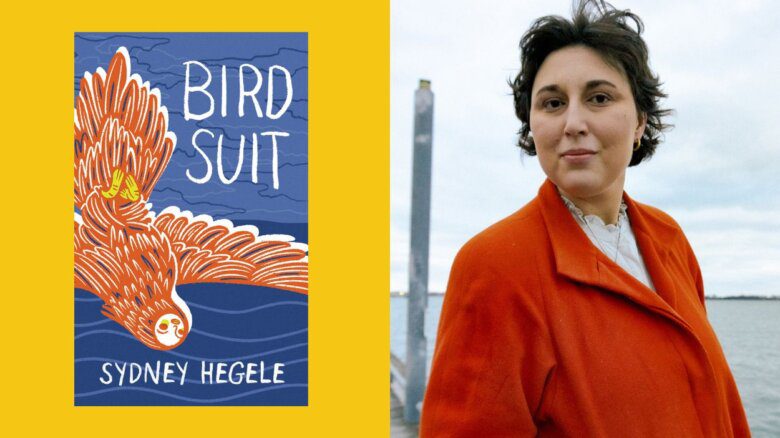When Alistair Newton walked out of Peter Flinsch’s apartment in January 2010, he never thought it would be the last time they met. He had been there to interview Flinsch for Loving the Stranger or How to Recognize an Invert, a play about the gay Holocaust survivor’s life.
“As I was stepping out the door he said, ‘Of course, you’ll come back and visit,’” Newton says. “He died that March, the same day we did our first workshop showing. There was a package of letters and photos on my kitchen table I’d been planning to send him. But I was waiting till the workshop was done so I could call him to tell him how it went.”
Newton stumbled on Flinsch’s story while researching Germany’s expansive 19th-century anti-sodomy law. While serving in the Nazi army, Flinsch was accused of being gay and thrown in jail. Released in 1945, he eventually made his way to Montreal, where he spent the rest of his life. Despite being known for his erotic paintings and drawings, his representations of the male form also had a decidedly political bent.
“Having lived through the rise of Hitler, Flinsch knew unequivocally that rights can be taken away as easily as they are given,” Newton says. “The pre-war period in Berlin saw a greater acceptance of different sexual identities; at the same time, anti-sodomy laws were being passed.”
Like all of Newton’s work, Loving the Stranger blends documentary elements with toe-tapping musical numbers, German expressionist styling and copious nudity (yes, that includes full-frontal).
“If people think there’s too much nudity, I can assure them that’s what Flinsch would have wanted,” he laughs. “For me, creating sexually explicit work has nothing to do with shock. It’s about engaging with certain aspects of queer history.”


 Why you can trust Xtra
Why you can trust Xtra


